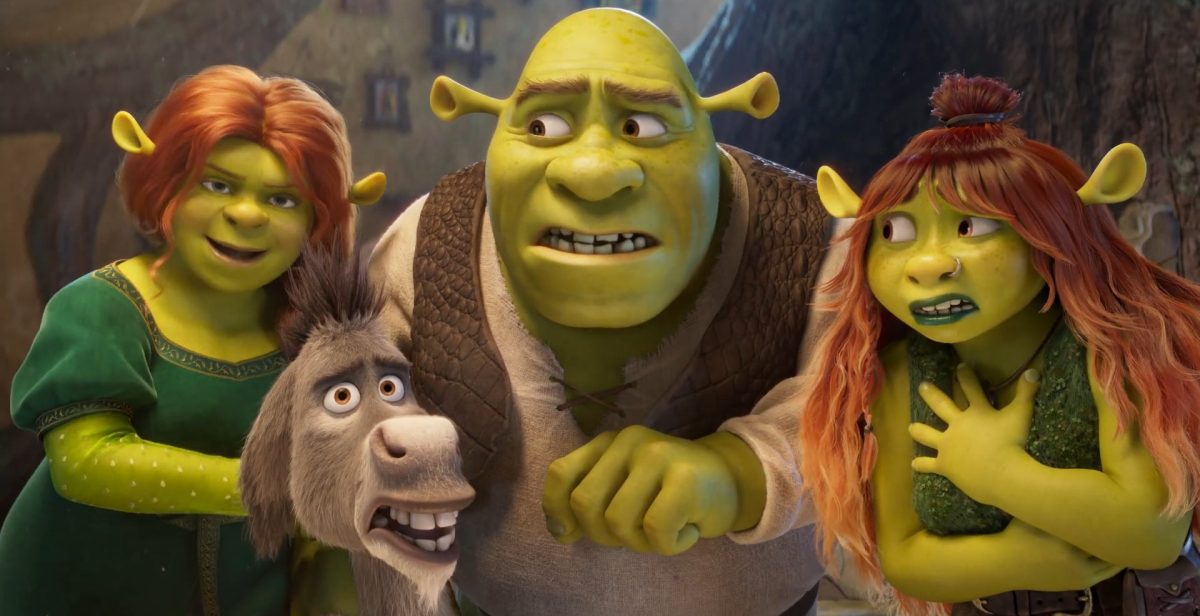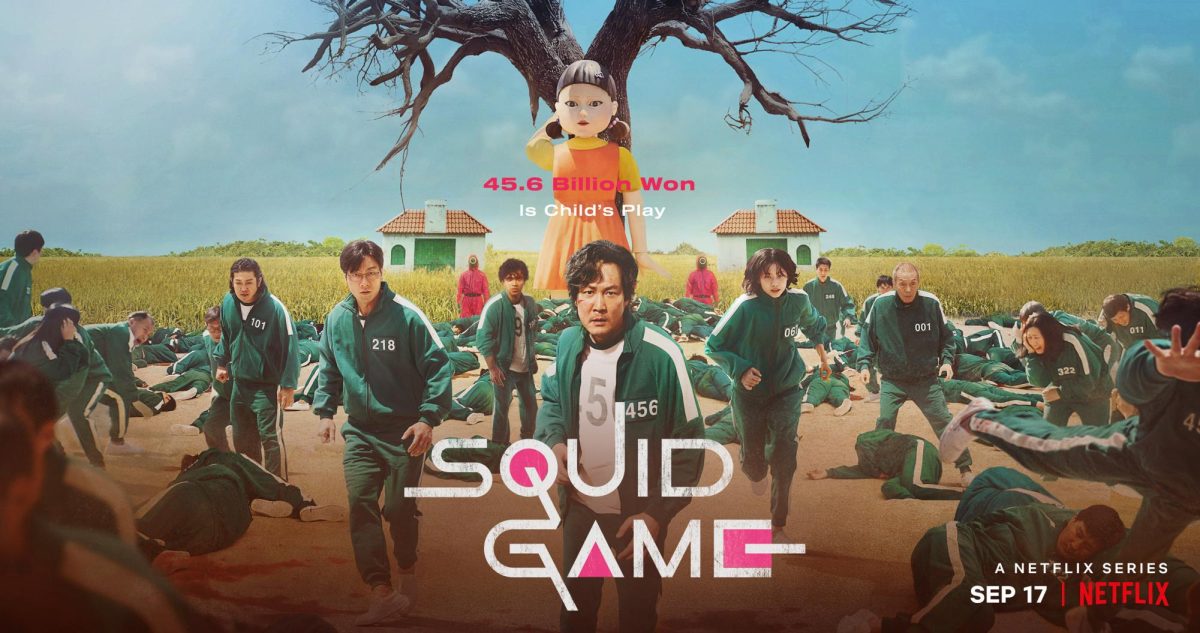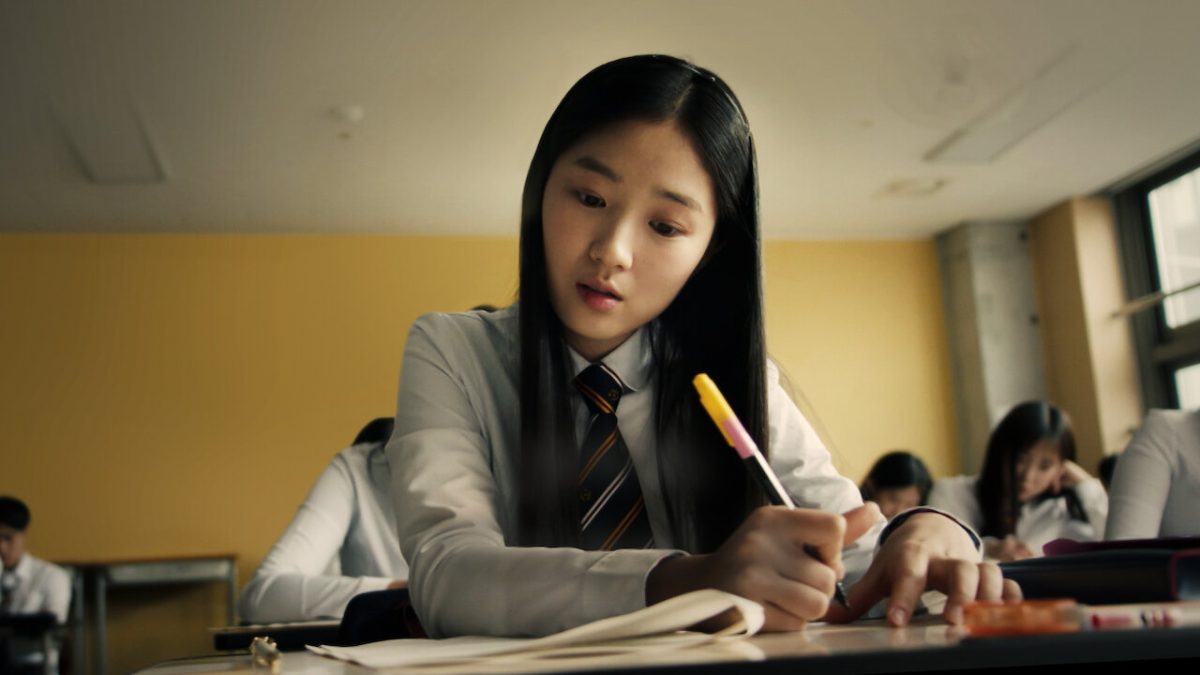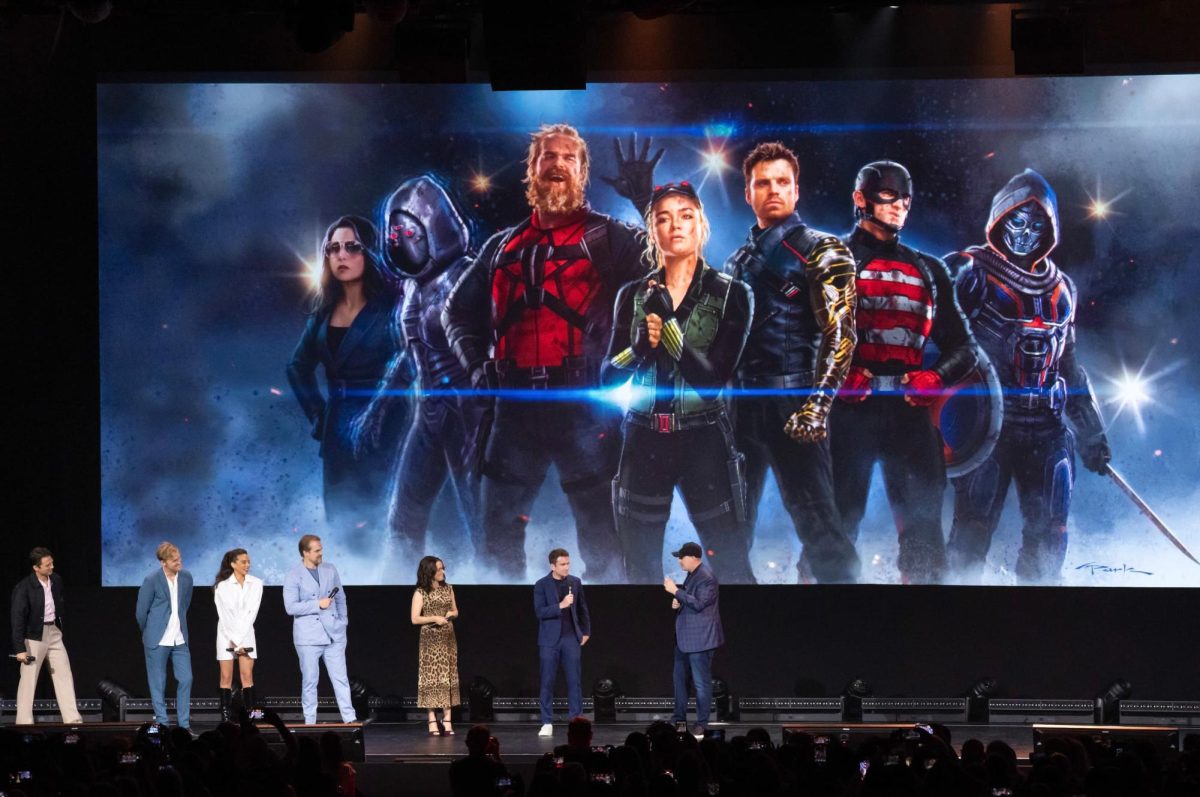In the past few years, the world of film and television has seen a resurgence of iconic 2000s subcultures. This trend has not only resonated with audiences who grew up during that time but has also introduced a new generation to the unique cultural elements of the era. The most prominent example is the Mean Girls musical, an adaptation of the 2004 cult classic Mean Girls. The musical has successfully brought back the iconic Plastics and their infamous Burn Book from the original film while adding songs and a modern twist to appeal to a younger audience. This blending of past and present has proven to be a winning formula for capturing viewers across different age groups.
Additionally, Legally Blonde, the 2001 film, has also returned. Legally Blonde was known for its empowering message of female empowerment and breaking stereotypes, which resonates strongly with audiences today. It had just rebooted with the highly anticipated release of its third movie. There is no set date announced yet, but the movie is still in the works. The return of Legally Blonde has sparked excitement among fans, who are eager to see Reese Witherspoon reprising her iconic role as Elle Woods. Viewers expect the new movie to continue the franchise’s legacy of feminism and inclusivity.
The world of television is no different when it comes to this. The Office, the worldwide sensation, has recently released a teaser for its upcoming reboot this year, sparking excitement and anticipation in its longtime viewers. Fans of The Office are eagerly awaiting the return of their favourite characters, with hopes that the reboot will continue to deliver the same humour and heartwarming moments as the original series. Even some childhood shows have been planning a comeback, such as Avatar: The Last Airbender, which plans to release its live-action television series later this year. Fans eagerly anticipate the live-action adaptation, hoping it will do justice to the beloved animated series.
The question of why these nostalgic films and television series are gaining so much popularity has been asked many times. Some say it is because Gen Z’s are “healing their inner child” as they crave comfort in times of change, and gain more responsibility in life and become more mature. Others say it is to hold onto something that they are familiar and acquainted with in times when micro trends are so popular.
However, the resurgence of 2000s culture in the industry is not without its critics, who argue that it represents a lack of originality in an industry that is constantly looking back instead of moving forward. Critics argue that the industry should focus on creating new and innovative content rather than relying on nostalgia for success. Nevertheless, the enduring popularity of these revivals suggests that there is a genuine desire to reconnect with the past and rediscover the magic of bygone eras.
As we journey into the 21st century, the allure of the 2000s remains as potent as ever. Whether through musical adaptations, television reruns, or cinematic reboots, audiences continue to embrace the nostalgia of yesteryear, proving that some things truly never go out of style.








